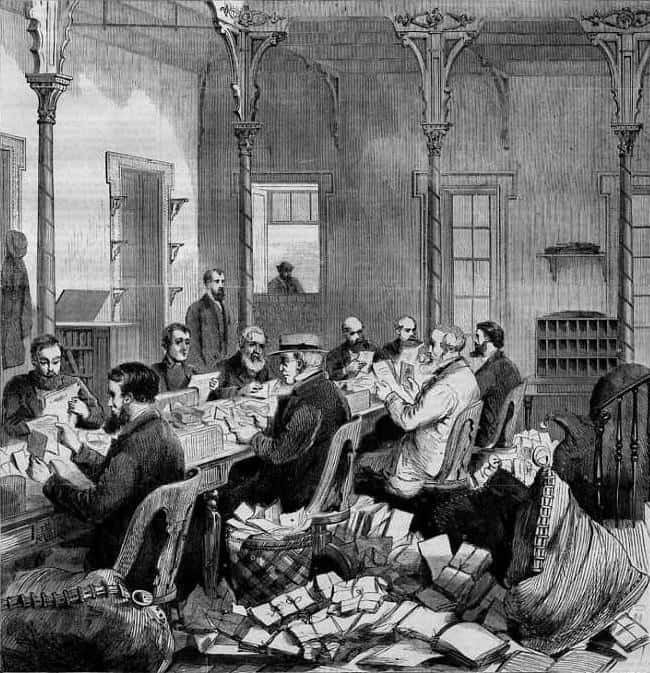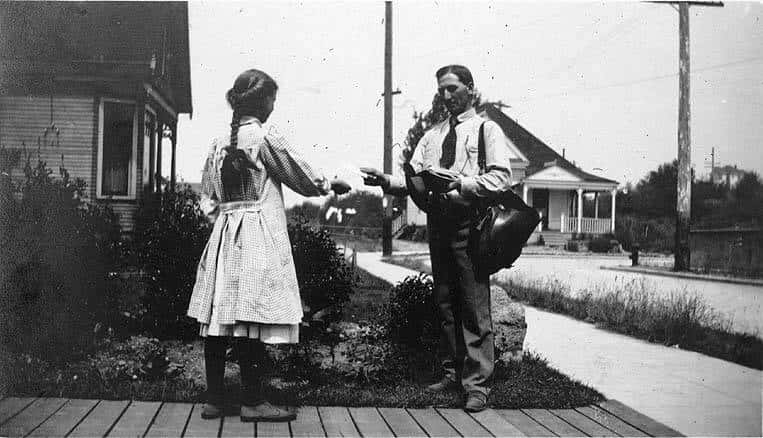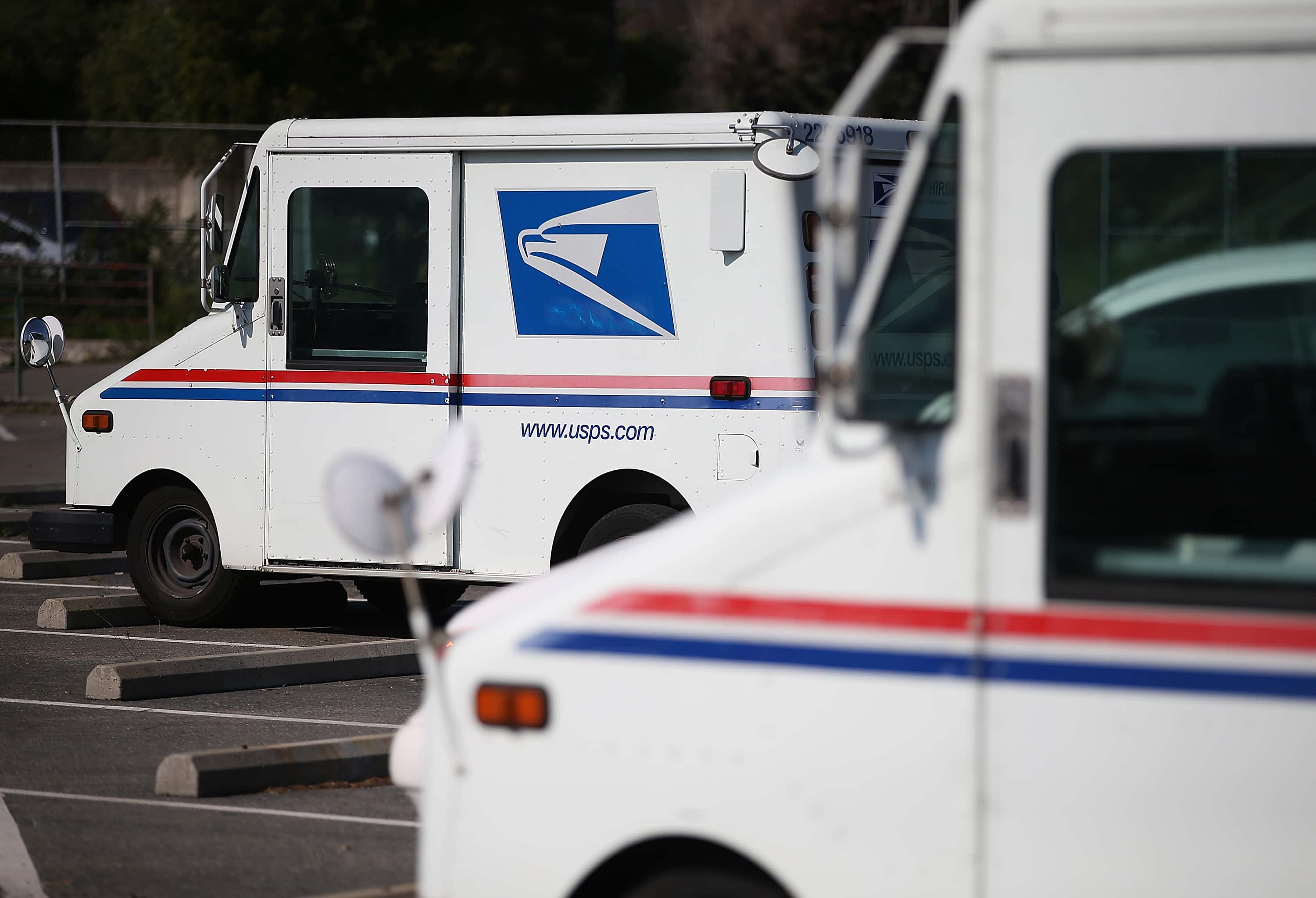US Postal Services: What was once USA's lifeline is today threatened with defunding, tracing the glorious legacy

The US postal system was established by the Second Continental Congress in July 1775 and is easily one of the nation's primary founding institutions. Suffice to say, the history of the post office constitutes the story of the American empire. It is one federal government institution that has been chronically underestimated, underappreciated and understudied, despite its prevalence in the society for centuries. The postal services established the US as a global exponent of information and communication, expeditiously. Although the mail service had been around, there were approximately 40 or so post offices across the country at the time of Independence and were mostly been limited to an elite populace.
Following the industrial revolution, the country saw the need for a broader structure to disseminate news across the new democratic republic body politic. The people of the new nation, regardless of social status, needed to be aware of the public affairs and George Washinton, James Madison, and Dr Benjamin Rush were adamant about making that happen. They set about a new and unique postal system that was not only a letter carrier but subsidized newspaper delivery for the whole population. In turn, this created an informed and knowledgable electorate, boosted the nascent market economy and linked the thirteen recalcitrant former colonies into the United States of America.

The newly independent nation needed to mobilize itself and develop a robust political and economic system. The post was quick to come to its rescue, mapping out the backcountry with post routes that linked post office towns and also subsidized the fledgling transportation industry (then primarily comprising stagecoaches), by paying the transport owners to carry the mail. For more than two hundred years of its existence, the postal service, envisioned, brought to life and successfully installed by the founding fathers, has been one among the handful American institutions that have treated all citizens as equals. In that period, it also went through many shifts to keep up with the technology and the culture. It switched its focus from newspapers to letters and then to package delivery and this flexibility has kept the institution prevalent in every face of change.
Today, the post offices are one federal institution that we have contact with on a regular basis. There is no other commercial establishment that is as omnipresent as the postal service with over 40,000 physical locations that deliver 212 billion pieces of mail each year to over 114 million homes and businesses in the US, Puerto Rico, American Samoa and the American Virgin Islands. In a petulant nation divided by racial and economic inequalities, the postal system works diligently to deliver mail, regardless of our social standing, race, religion, sexual orientation, or financial status. It delivers mail to those grappling with poverty and those living in luxury, from city dwellers to townsmen. It is also the country's largest civilian employing body, comprising nearly 500,000 career workers.

A Pew Research Center poll from earlier this year found that the US postal service is regarded as the most popular government agency. The post is a non-profit, self-supporting government agency that makes its revenue through postage and other related products. It gets the job done, no matter the season or time, using everything from planes to bikes in its mission. But more significantly, the post-office is also a lifeline for millions of people, particularly the elderly Americans. A quarter of the older population either has no access to the Internet or just don't use it. Chances are they still prefer paying their bills with a check and stamp rather the through a click of a button. The same is a reality for rural Americans with inadequate or limited access to broadband services.
Another crucial role the postal services play is in the provision of prescriptive medicine to ailing Americans. Veterans Affairs uses the post office to ship the majority of prescriptions and so do pharmacy benefit managers. Furthermore, the post's USPS charges lower rates than its private sector counterparts, which is a beneficial and integral service availed by small businesses. The post office also defines the relationship between Americans with their government. On one hand, it demonstrates the power of the government and their actions for the good of its citizens. On the other hand, systems like vote-by-mail ratified by the postal services are essential to sustain American democracy.

Vote-by-mail or the mail-in ballot system used in remote voting has been in use since the American Civil War. Initially used by soldiers who were sent ballots to vote when they weren't in the states they were registered to vote in, it transformed the election system drastically over the revolutionary period. In a time where we are forced to prioritize our health and safety over everything else because of a raging deadly pandemic, in many ways, the vote-by-mail alternative to voting in-person would be considered a boon. However, the postal service has faced a major political backlash in its role to assist in the upcoming presidential elections. If this keeps up, the postal service going into an existential crisis may be somewhat inevitable.
Recently, the new Postmaster General Louis DeJoy made major cuts to the postal service which spurred on fears of the Republicans trying to defund the post, delay deliveries and in turn cause late-arriving ballots to be excluded from the national count in November. Although it was experiencing delays before the cuts, the US postal service warned 46 states that it may be unable to deliver ballots in time for them to be counted, and this could ultimately result in the public service institution hitting rock bottom.










